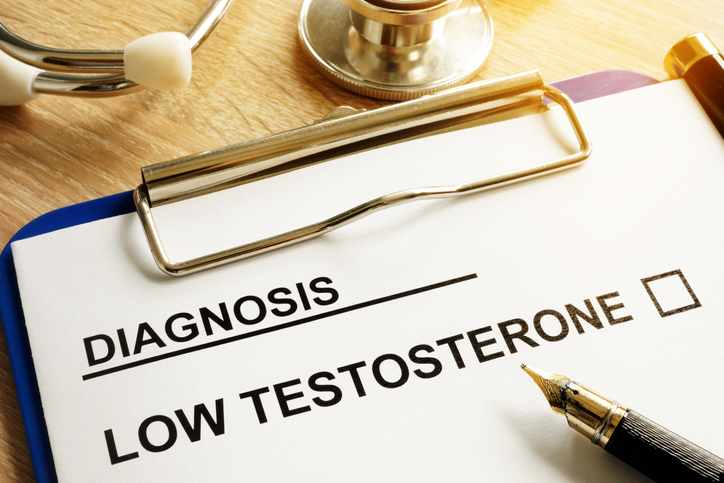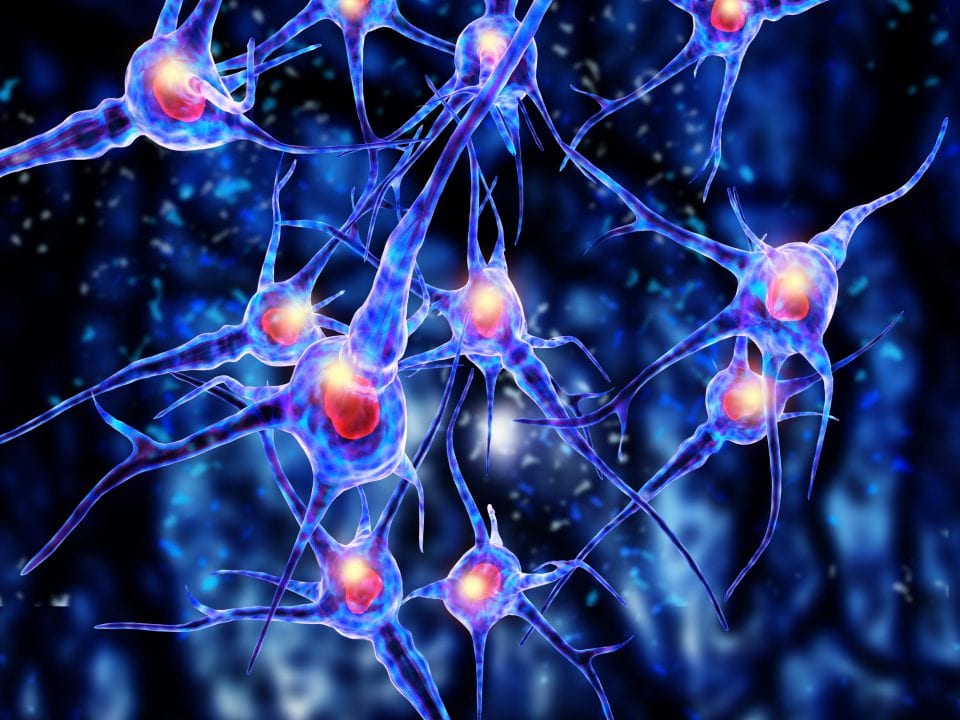What Causes Low Testosterone

When people start experiencing symptoms of low testosterone, one of the first questions they often have is “why?” It’s in our nature as humans to get to the bottom of things, especially when our health is in question. The truth of the matter is, low testosterone can be caused by a wide variety of things. There are two categories for things that cause low testosterone – primary hypergonadism and secondary hypergonadism. Let’s take a closer look.
Primary Hypergonadism
Primary hypergonadism is caused by underactive testes. While the majority of these cases of low testosterone are caused by inherited traits such as undescended testicles and Klinefelter’s Syndrome, it can also be caused by injury to the testicles or illnesses such as cancer that require treatment that may cause damage to the testicles.
Secondary hypergonadism, however, is low testosterone caused by damage to the pituitary gland or hypothalamus. This category features a much wider range of potential causes – some are illnesses or diseases, and others are more benign.
Pituitary Disorders
If you have a pituitary disorder caused by drugs, kidney failure, or a small tumor, this may result in low testosterone.
HIV/AIDS
The symptoms and impact of this disease is often wide-ranging, but may include damage to the pituitary gland, hypothalamus, and testes.
Inflammatory Diseases
Because of the nature of inflammatory diseases, low testosterone may result as a byproduct of other damage done by the disease. Conditions like tuberculosis, sarcoidosis, and histiocytosis have a higher rate of causing damage to the pituitary gland and/or hypothalamus, making them prime contenders for producing secondary hypergonadism and thus low testosterone in patients.
Aging
Natural aging can also cause low testosterone. Aging affects many processes in the body including hormone production. It’s natural to have lower testosterone levels as you age, but if you start to experience symptoms of low testosterone in your daily life, it’s important to determine with your primary care provider if your particular case of low testosterone is something that should be managed with hormone replacement therapy or not.
Obesity
Though obesity can be caused by many different conditions and lifestyle choices, one unfortunate side effect of obesity can be low testosterone. Higher levels of body fat impact your body’s hormone production and output. If you are experiencing symptoms of low testosterone and your obesity is primarily a result of lifestyle changes, you can work with your doctors to make lifestyle changes that will get your body fat percentage back to a healthy range. This should help even out your hormone production, although temporary hormone replacement therapy may be recommended to help as a part of your treatment course. If your obesity is caused by other conditions, it’s possible that hormone replacement therapy could help get your body fat percentage back under control.
Medications
Various medications such as opioid pain medication and steroids can impact hormone production and result in low testosterone. Discuss alternative medication options with your primary care provider first and foremost before exploring options such as hormone replacement therapy for low testosterone caused by medication.
As you can see, conditions – both inherited and acquired – that cause low T are wide-ranging and can affect almost anyone. If you’ve discussed your symptoms and your related conditions with your primary care provider and determined that hormone replacement therapy is a viable option for you, Revive MD is here to provide the options and treatment plans that will get your life (and your testosterone) back on track.



